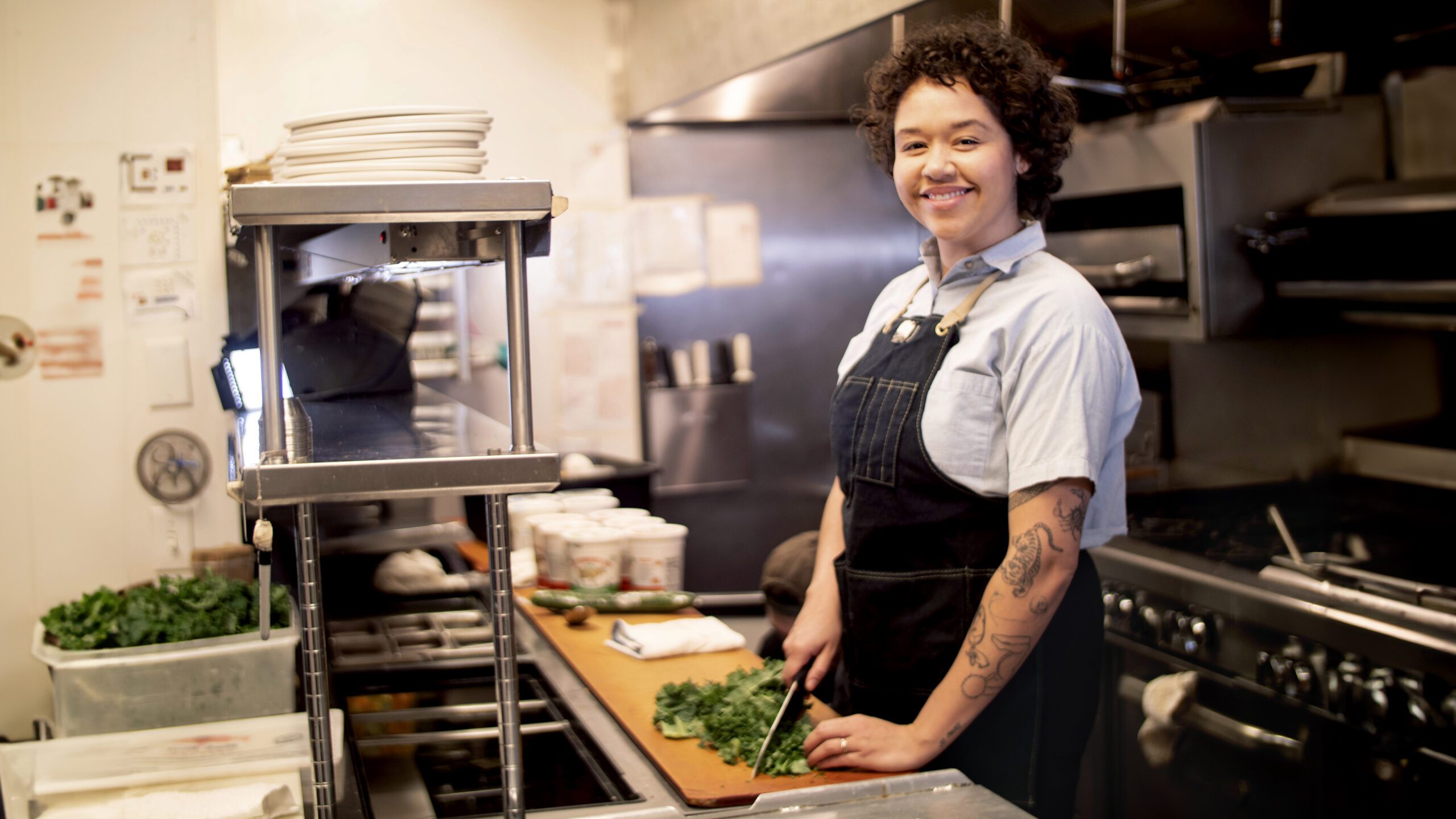Vermont State law (Act 148) bans all food from the landfill and your trash.
Here are your options for how to meet this requirement and how we can help.
The best way to prevent food  waste is by not creating it in the first place.
waste is by not creating it in the first place.
The average American household wastes up to $1500 on food we never eat. Buy and store food better to reduce your waste at the source.
At home, that may mean buying less, or buying fruits and vegetables in varying degrees of ripeness so everything doesn’t spoil at once. Many sites offer tips & tricks to make food last longer and your food dollars go further. Check out our reducing food waste page for additional info.
These five options will help you keep food scraps out of your trash.
Have Your Food Scraps Picked Up
Under Act 148, all trash and recycling pickup companies must offer food scrap service to their commercial customers and to all residential buildings with four or more units. Ask your pickup company, landlord, or homeowners association about food scrap pickup service.
Drop Off Your Food Scraps
Food Scrap Drop-Off is available at all CSWD Drop-Off Centers for residents and qualifying businesses see Limits.
See the link below for details on what you can bring, fees, and troubleshooting tips.
For more information for businesses, see Composting for Businesses
Compost Food Scraps in Your Backyard
Composting at home is easy! Here are 6 simple steps that will have you turning your food scraps into that “black gold” soil amendment in no time.
Feed Animals
Feeding food scraps to livestock is the next best-recommended use. Reach out to local farmers who may be interested in taking your food scraps. The Vermont Agency of Agriculture does not currently have restrictions or guidelines for feeding food scraps to chickens, but there are strict regulations regarding feeding scraps to pigs. Check our link for details.
Click here to read the state’s Swine Feeding Policy.
Donate Food
We’ve compiled a list of Chittenden County organizations that accept donations of quality food to help feed our neighbors in need. Some will accept event leftovers. Contact these organizations directly for information on how to donate and how to prepare leftovers to ensure they meet food safety requirements.
Give Us a Call, We Are Here To Help
Main Phone: (802) 872-8100
Businesses & Institutions
Gabriela Stevens, Business Outreach Coordinator
Communities & Municipalities
Kat Moody, Community and Event Outreach Coordinator
Events, Landlords & Property Managers
Kat Moody, Community and Event Outreach Coordinator
Schools K-12 & Colleges
Rhonda Mace, School Outreach Coordinator


 waste is by not creating it in the first place.
waste is by not creating it in the first place.